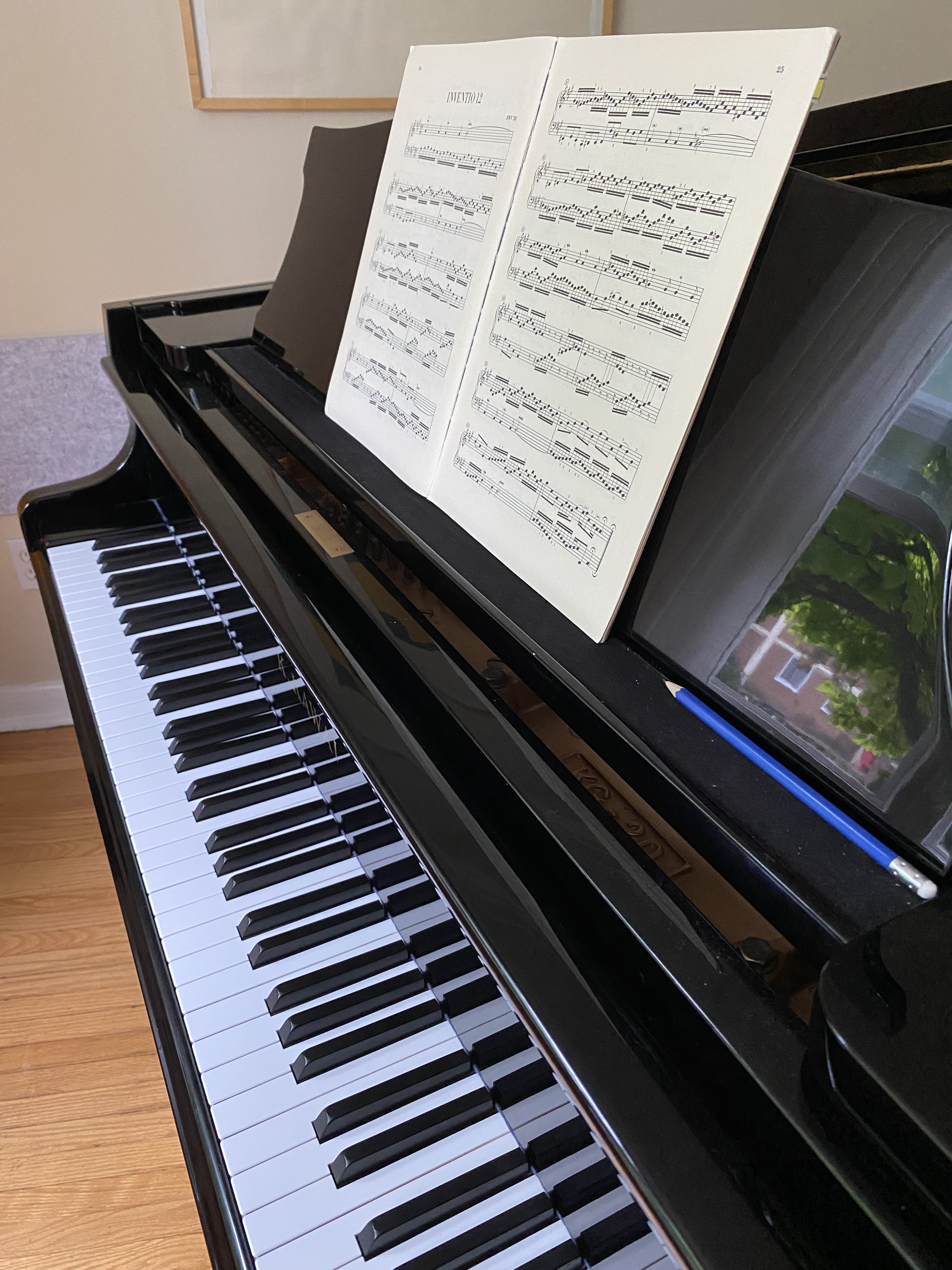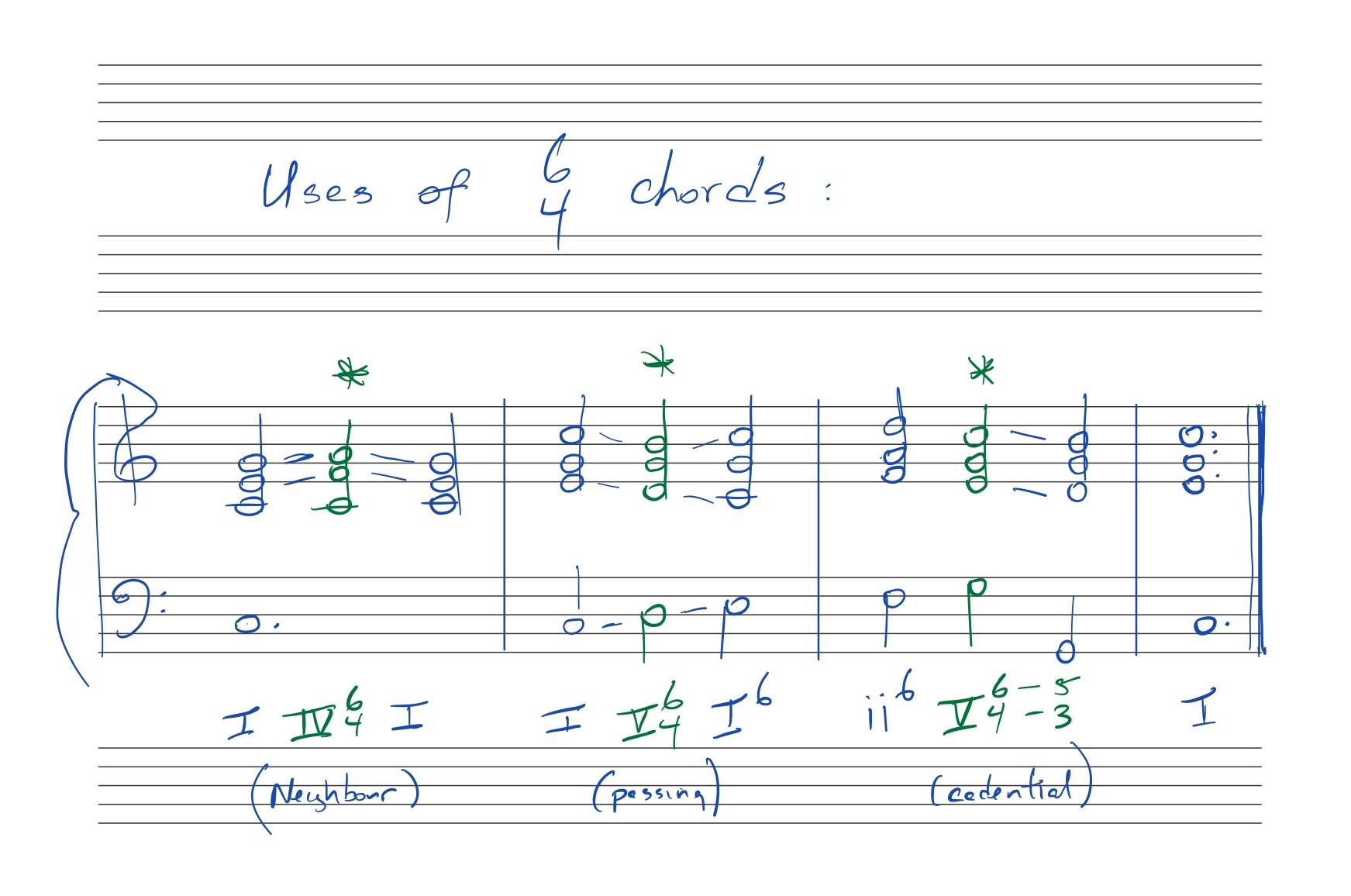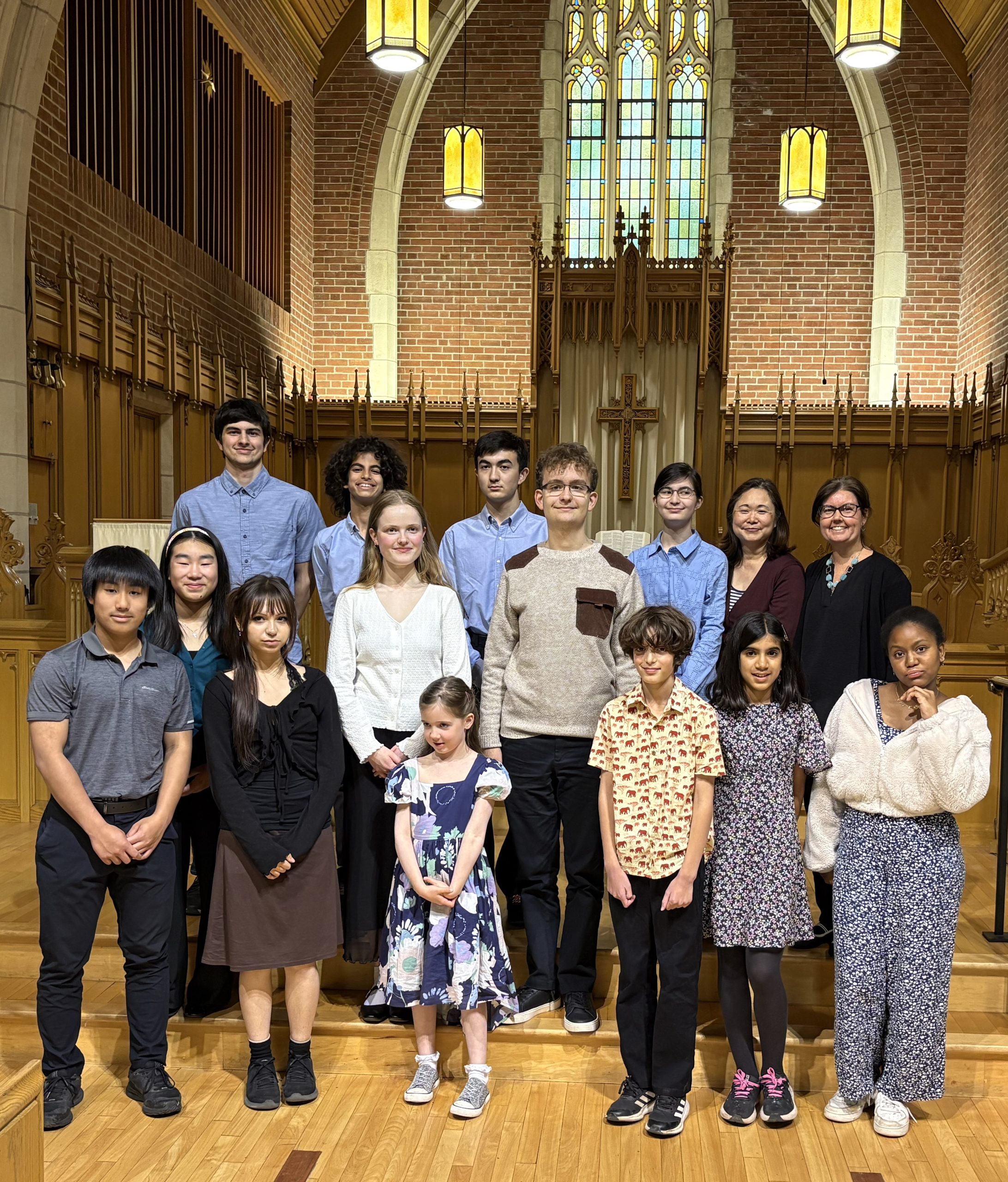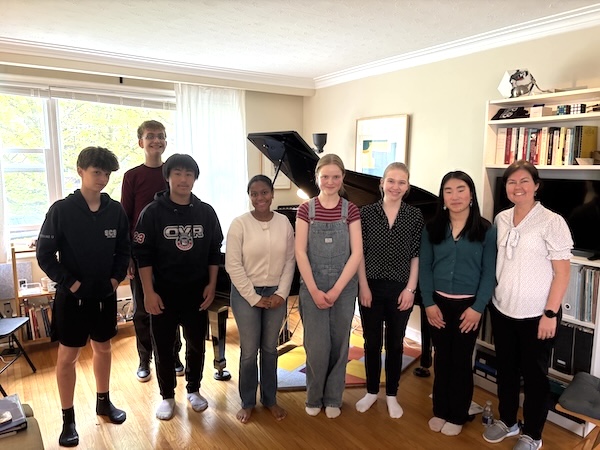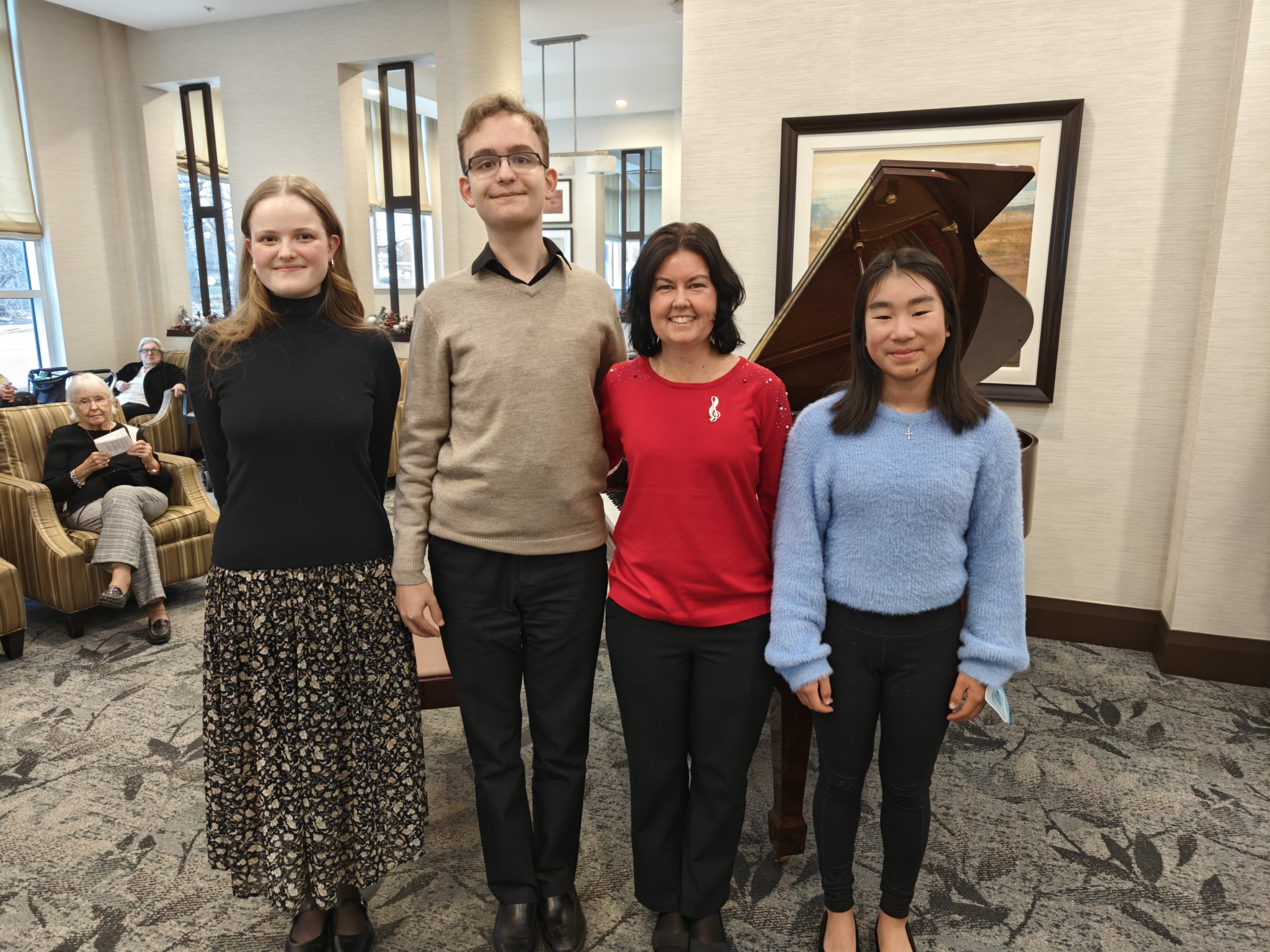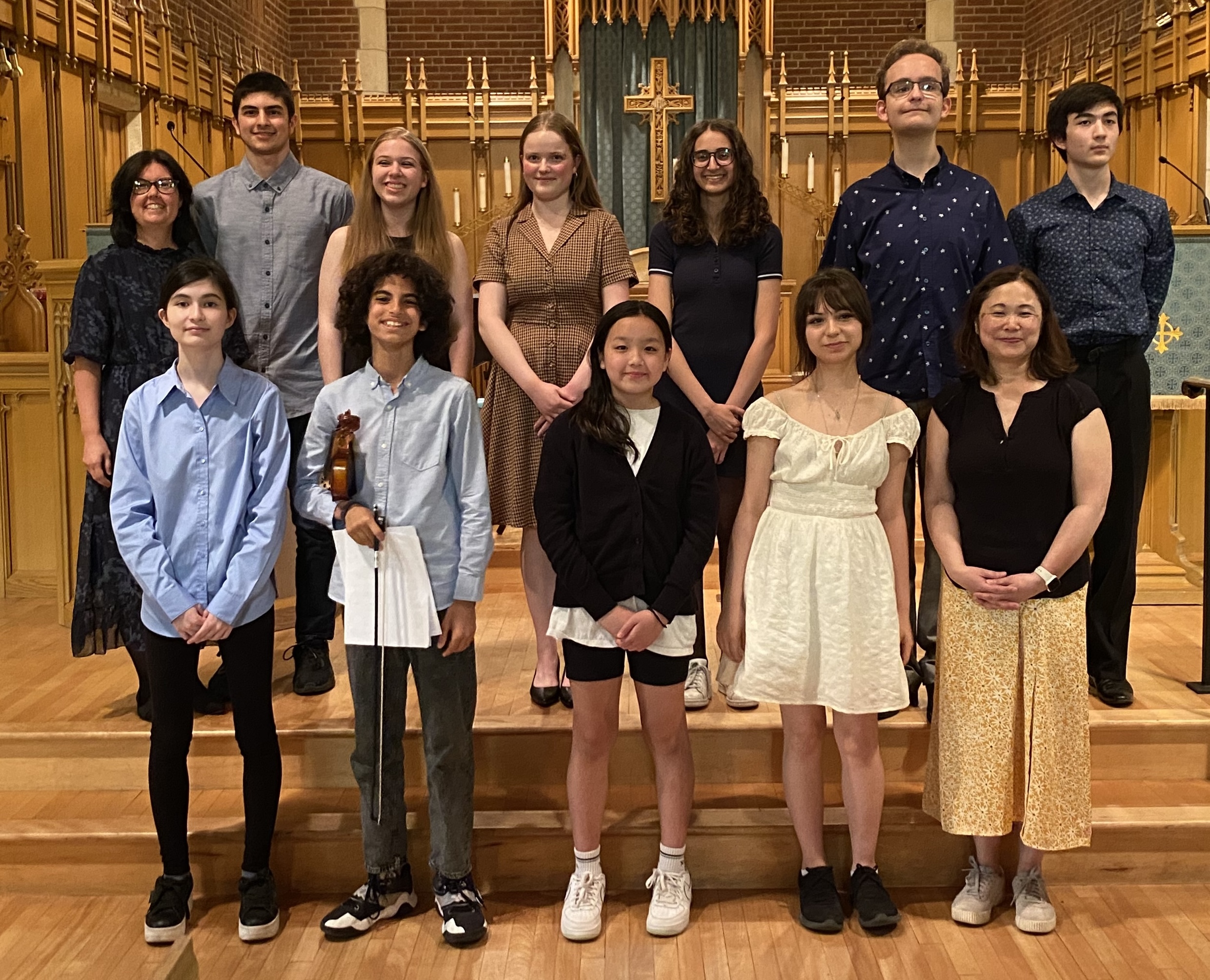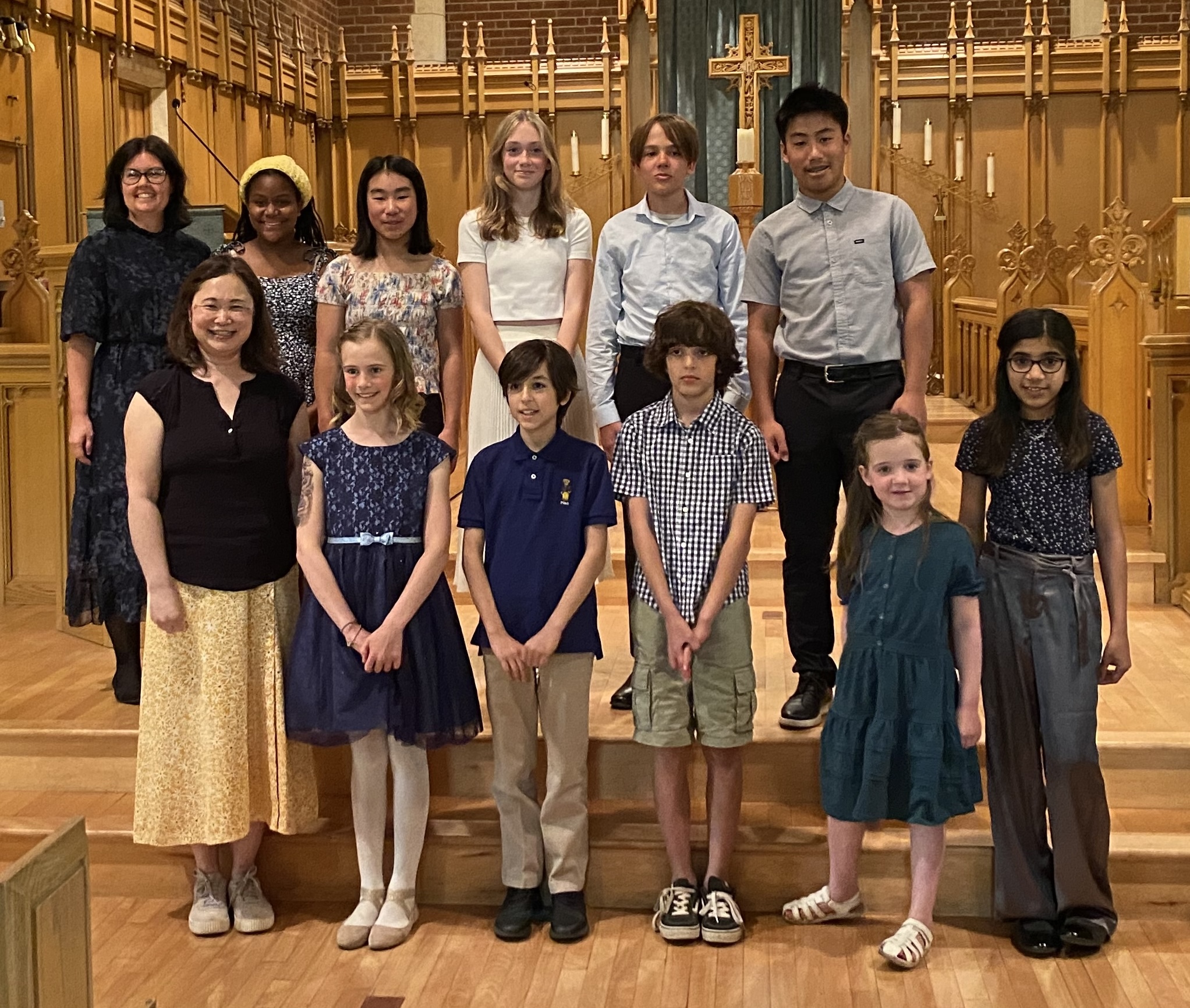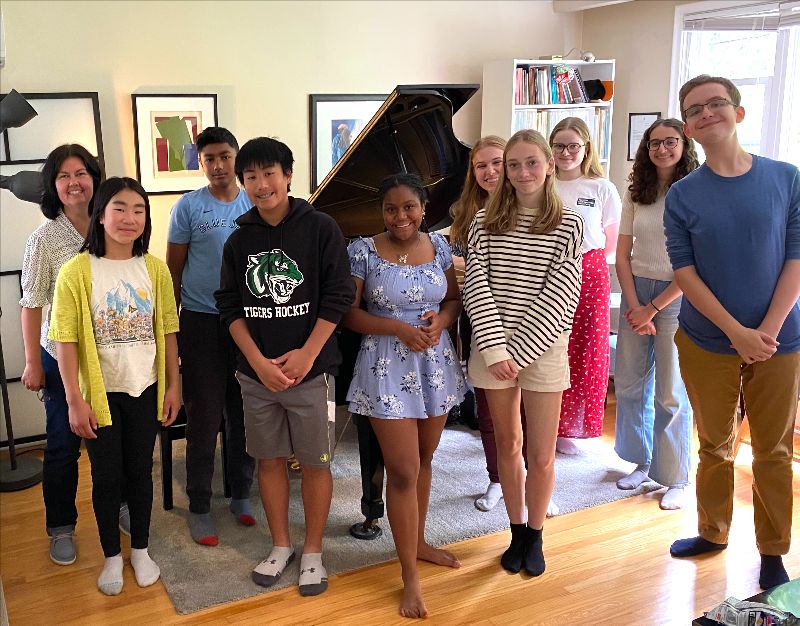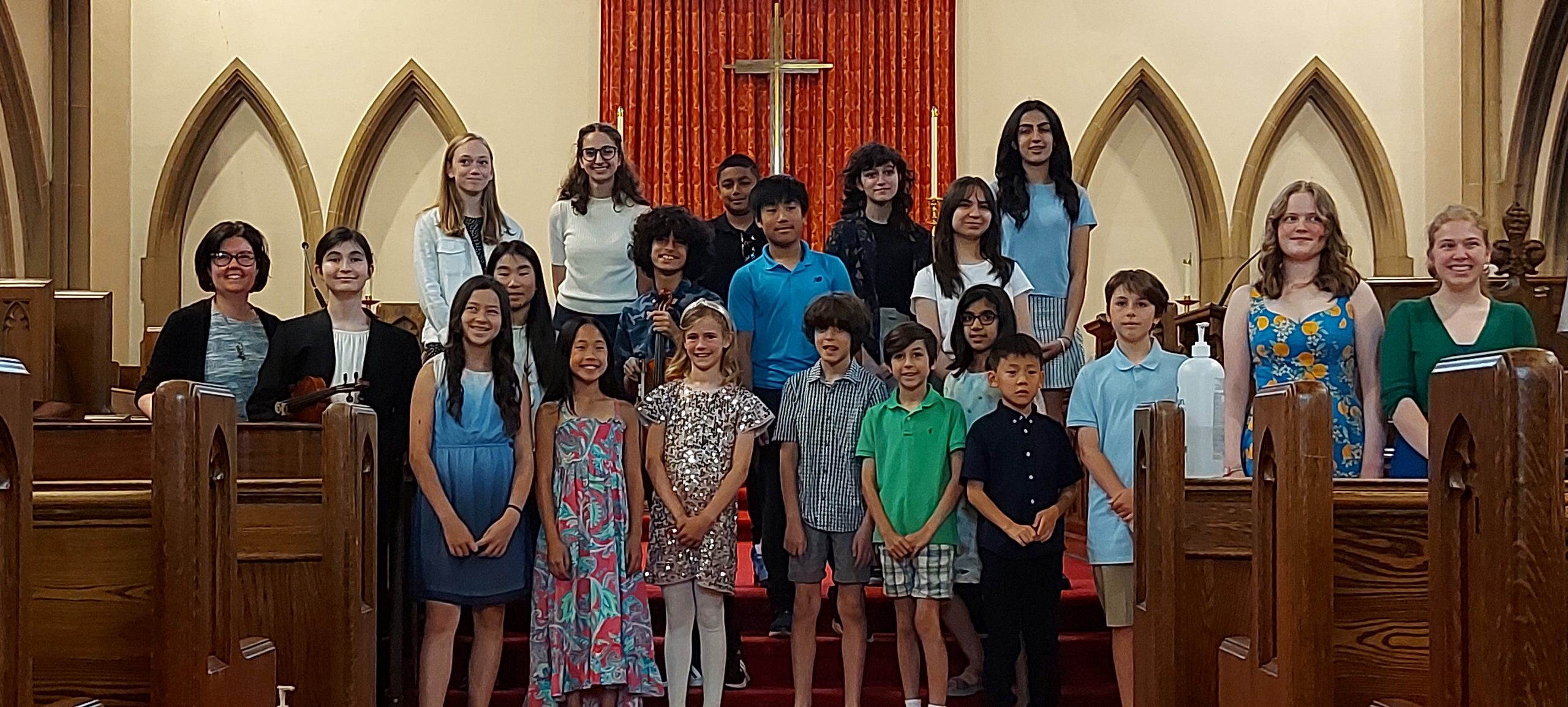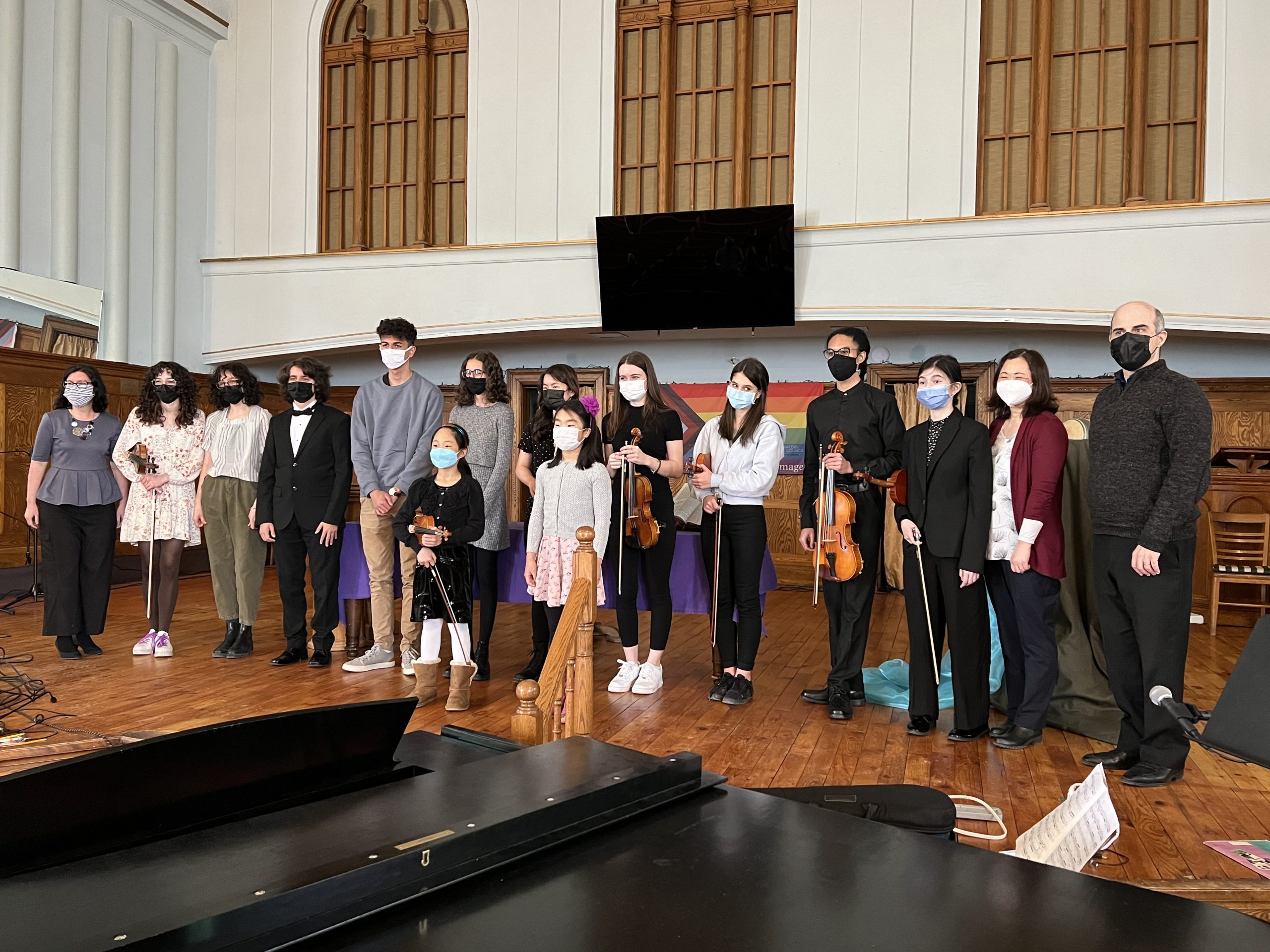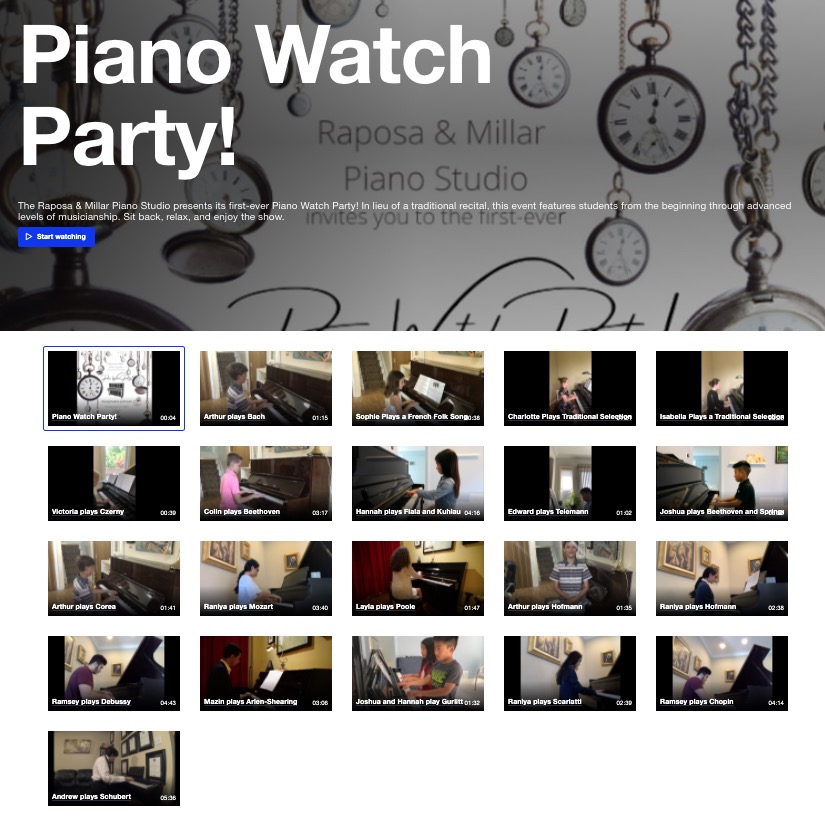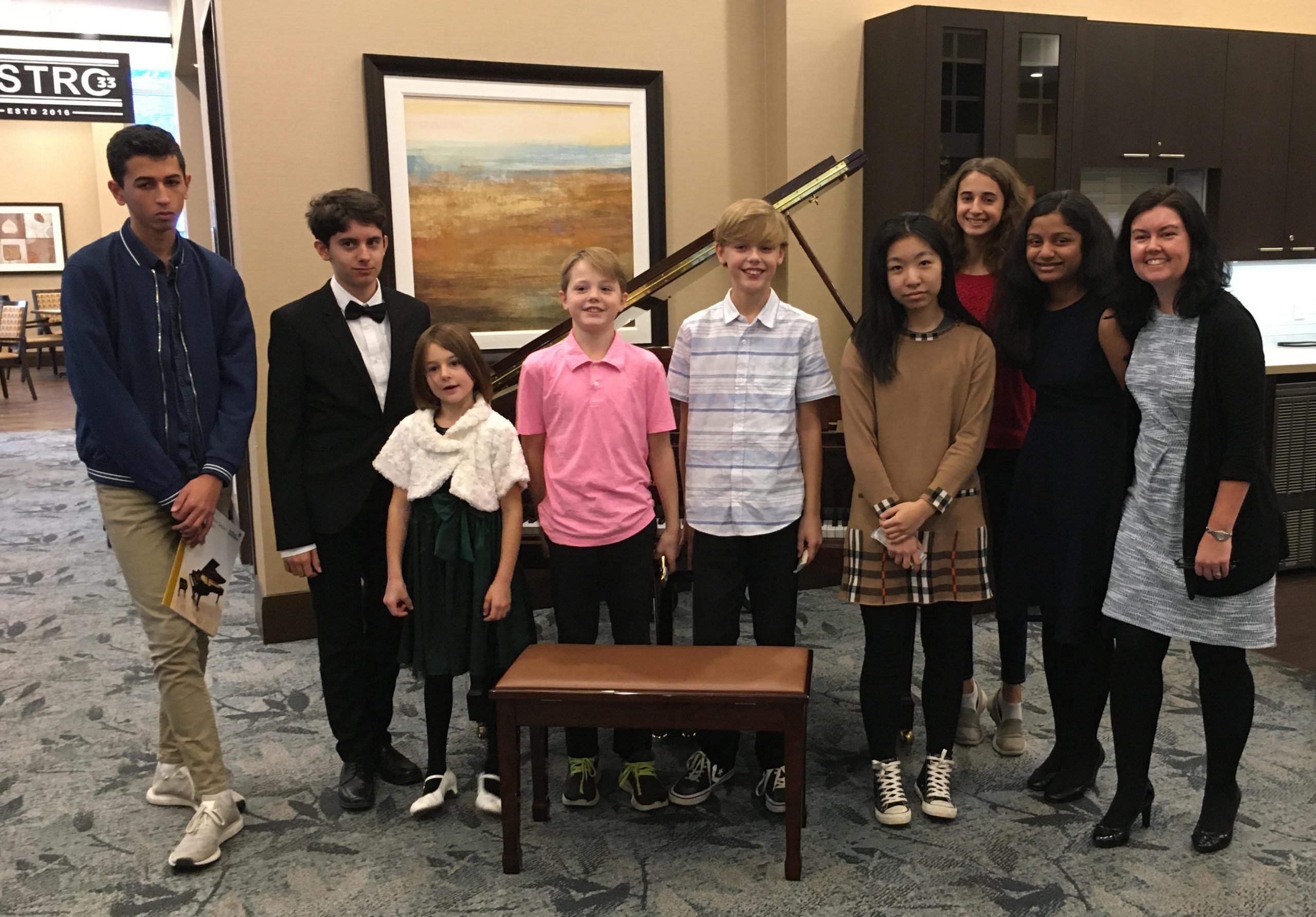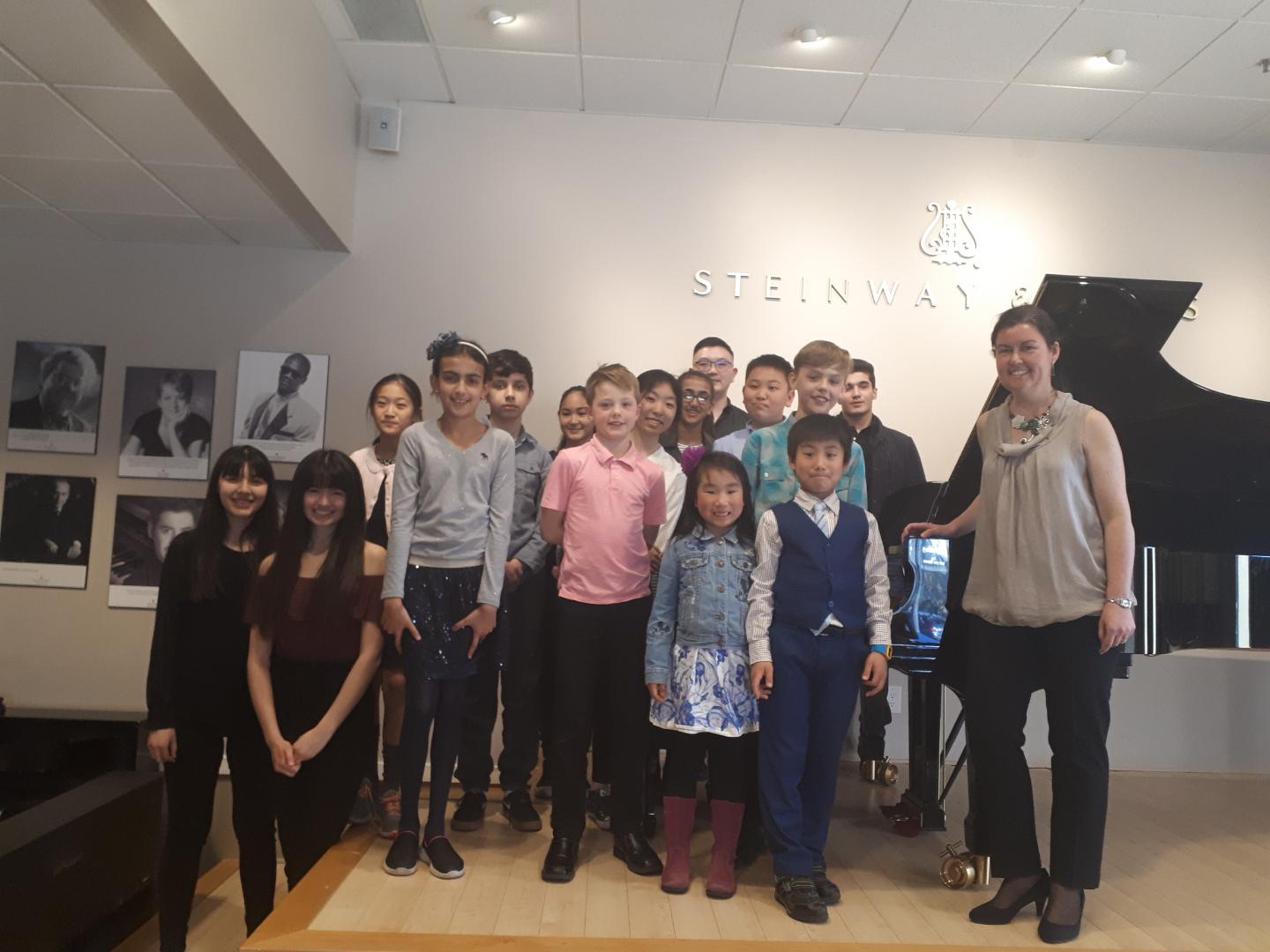About Us
Established in 2017, Raposa Millar Piano & Theory Studio offers exceptional music education in the heart of Swansea / Bloor West Village, Toronto. Our home studio provides a nurturing environment where students of all ages can develop their musical talents through personalized instruction.
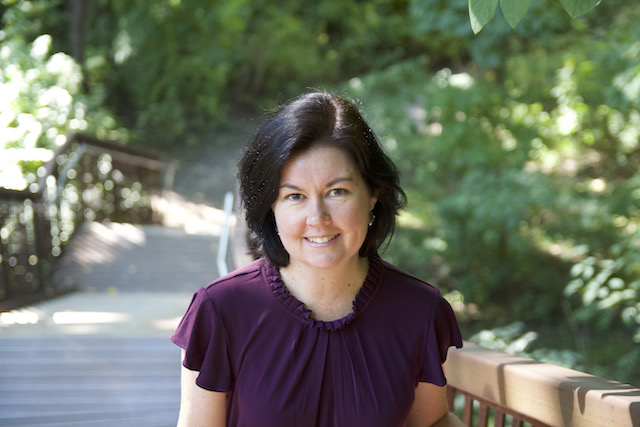
Lisa Raposa Millar, DMA
Piano Instructor
20+ Years Teaching Experience
Specialist in Collaborative Piano
Education: Eastman School of Music (doctorate), University of Massachusetts-Amherst (master's), University of New Hampshire (bachelor's)
Lisa has taught piano in Canada and the U.S. in universities, community music schools, and privately over a span of two decades. Her approach focuses on helping students discover their musical creativity while building strong technical skills at the piano.
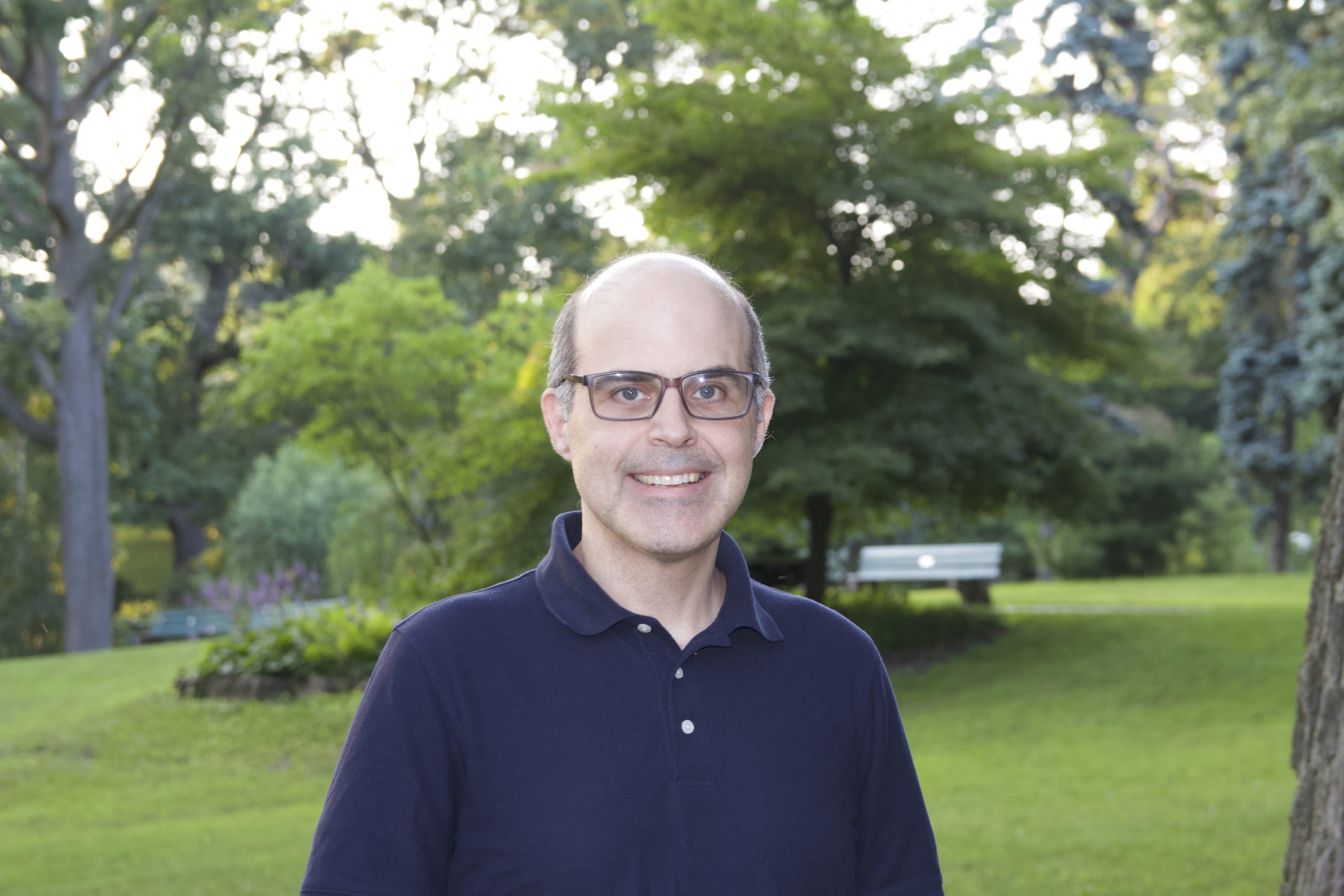
Gregory Millar, DMA
Music Theory Instructor
Member of the College of Examiners, Royal Conservatory of Music
Chamber Musician, Soloist, and Arranger
Education: Eastman School of Music (doctorate), University of Toronto (master's), The Glenn Gould School (artist diploma), McGill University (bachelor's)
Gregory is certified by the Royal Conservatory of Music and serves as a Member of the College of Examiners. His approach to music theory helps students understand the grammar and vocabulary of music while preparing them for Royal Conservatory examinations.
"My hope for every child, teenager, or adult is that they will experience that spark of joy when they master a difficult passage or create a sound they find especially beautiful. Irrespective of one's goals, the process of discovering musical patterns and their nuances can provide lifelong fulfillment. It's why I've been helping people learn to improve their piano playing through better listening for over two decades."— Lisa Raposa Millar, DMA
"Music Theory is often thought of as dry, "brainy", or a subject that one either "gets" or does not. In my teaching I aim to break down these misconceptions. Music theory is music literacy. Any student is capable of acquiring pitch and rhythmic understanding, along with written and analytical skills, that will open them up to engage with music on a deeper level."— Gregory Millar, DMA
What Our Students Say
"Lisa and Greg's compassionate and professional approach to teaching piano, theory, and history was crucial in helping me pursue an ARCT Diploma in Piano Performance. Throughout every lesson I had with them, Lisa and Greg continuously and consistently put in the effort of scrutinizing and improving my musical skills to help me find success within the Royal Conservatory of Music's piano program. This effort comes from Lisa and Greg's shared and genuine passion for music and music teaching, which is what allows their students to succeed at the highest standards."— Andrew Ganea, former student
"A very sensible teacher who is close to her students. She has a wide repertoire from contemporary to... classical, you name it. She is really open to suggestions and interprets songs brilliantly. Last but not least, her passion and love for both teaching and playing give us the pleasure of learning the art of playing piano."— The Baghdisar Family
"Lisa taught my two children piano for about two years and the kids thoroughly enjoyed her positive attitude, her advanced knowledge, her patience and understanding and her pleasant demeanor. I was so impressed, I started lessons myself at 44 years old and she made me so comfortable it was fantastic!"— Teresa, parent
Professional Certification
Gregory Millar is certified by the Royal Conservatory of Music and serves as a Member of the College of Examiners, ensuring the highest standards of musical education and pedagogy in our theory instruction.

